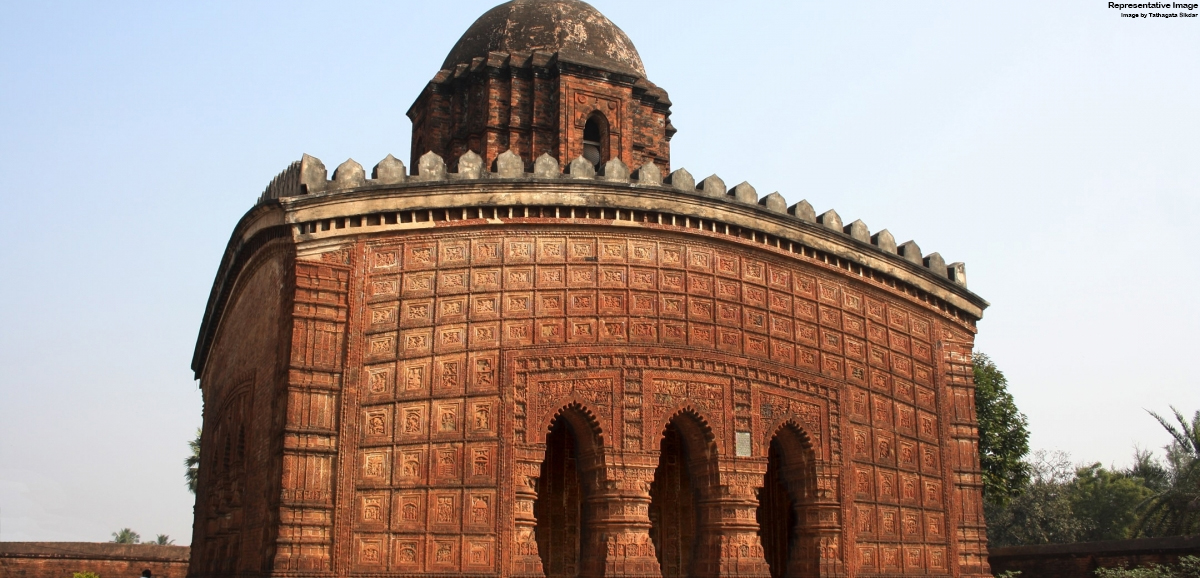March 4, 2019
WBKVIB projects to create alternate sources of livelihood in Bankura

The West Bengal Khadi and Village Industries Board (WBKVIB) has started two projects in Chhatna block in Bankura district to improve the quality of life of the artisans and local residents by providing livelihood opportunities for them.
A project on stone-carving has kicked off at Susunia while another on dhheki-processed rice has started at Dalpur. Senior officials of WBKVIB recently visited the two areas to oversee the projects.
The board is setting up a production centre-cum-workshop for the artisans involved in stone-carving, who are from the area of Susunia Hills. There will also be a dormitory and other requisite facilities so that the artisans can stay if they want to. The State Forest Department has provided us land for developing the infrastructure.
There are 20 shops at the foot of Susunia Hills that sell a variety of handicraft items made by carving stones. The centre will bring them together, thus giving them more space to produce and display their craft, which would improve the marketing and sales aspect as well.
Many tourists are also inquisitive about the intricate crafts, said a WBKVIB official; the centre would help them satisfy their demands as they will be able to see the artisans at work in a comfortable atmosphere.
The Board has set a target of bringing 340 artisans involved in stone carving at the production centre.
WBKVIB has provided 26 mechanised dhhekis for processing rice at Dalpur. The dhhekis had to be operated manually which involved a lot of time and effort.
The machines have been designed by experts from IIT Kharagpur and made by the Bankura Engineering College on the basis of that design. About 120 persons are associated with this trade.
The vice-president of West Bengal Agro Industries Corporation said that the WBKVIB has plans for extending this rice project. Dhheki-processed rice has its entire food value intact. If enough of this highly-nutritious rice can be produced, it can be used for the State Government-run ICDS scheme as well as mid-day meals in schools.
Source: Millennium Post
